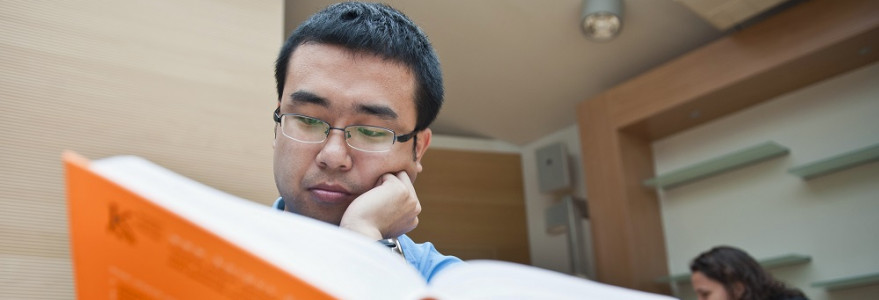In March and April, experts in the field of multilingualism will present multilingualism from the linguistic, psycholinguistic and educational perspectives. On 15th April, the third lecture will be held. Prof. Jasone Cenoz from the University of the Basque Country will speak about multilingualism and translanguaging in education.
In the series of six lectures, “Current trends in multilingualism research”, researchers will present linguistic, cognitive, affective and educational aspects of multilingualism. International experts will discuss the findings of empirical research on individual multilingualism. Specialists will explain the mechanisms which underlie the functioning of multilingual adults and children. Also, they will discuss individual differences in the acquisition of new languages, expressing emotions in foreign languages, multilingualism in education, as well as linguistic and cognitive development of multilingual children.
The lectures are organised by the University of Warsaw School for International Science, in collaboration with the International Association of Multilingualism under the Initiative of Excellence – Research University project (IDUB Action II 3.7 “Multilingualism”), coordinated by Prof. Agnieszka Otwinowska-Kasztelanic from the UW Faculty of Modern Languages.
Languages in everyday use
Multilingualism refers to the usage of several languages by the same person for varied purposes.
A multilingual person is defined neither through the prism of the order of the languages learned, nor the proficiency in those, but functionally, as the ability to use those languages on daily bases,” explains Prof. Agnieszka Otwinowska.
Multilingualism, defined in that way, is common in modern societies, including Poland, as many people develop multilingually due to international mobility, migration or schooling. On the one hand, multilingualism is an opportunity, and on the other, it is a challenge and responsibility, especially for teachers working with multilingual children and youth.
The programme of the lectures
All six lectures will begin at 3 p.m. on YouTube (the UW Live Stream profile). The meetings will be conducted in English.
- 24th March, Prof. Raphael Berthele (University of Fribourg, Institute of Multilingualism): Between monolingual bias and the celebration of diversity: Investigating individual differences in multilingual acquisition
- 31st March, Prof. Jean-Marc Dewaele (Birkbeck, University of London): Communicating emotions in a foreign language: the ultimate linguistic challenge
- 15th April, Prof. Jasone Cenoz (University of the Basque Country): Focus on multilingualism and translanguaging in education
- 21st April, Prof. Julia Festman (University College for Teacher Education Tyrol): Does it get any easier when we learn and process multiple languages?
- 22nd April, Prof. Magdalena Wrembel (Faculty of English, Adam Mickiewicz University): Exploring the acquisition of L3 phonology: challenges, new insights and future perspectives
- 29th April, Prof. Ewa Haman (Faculty of Psychology, University of Warsaw): Multilingual children: developmental opportunities and challenges



